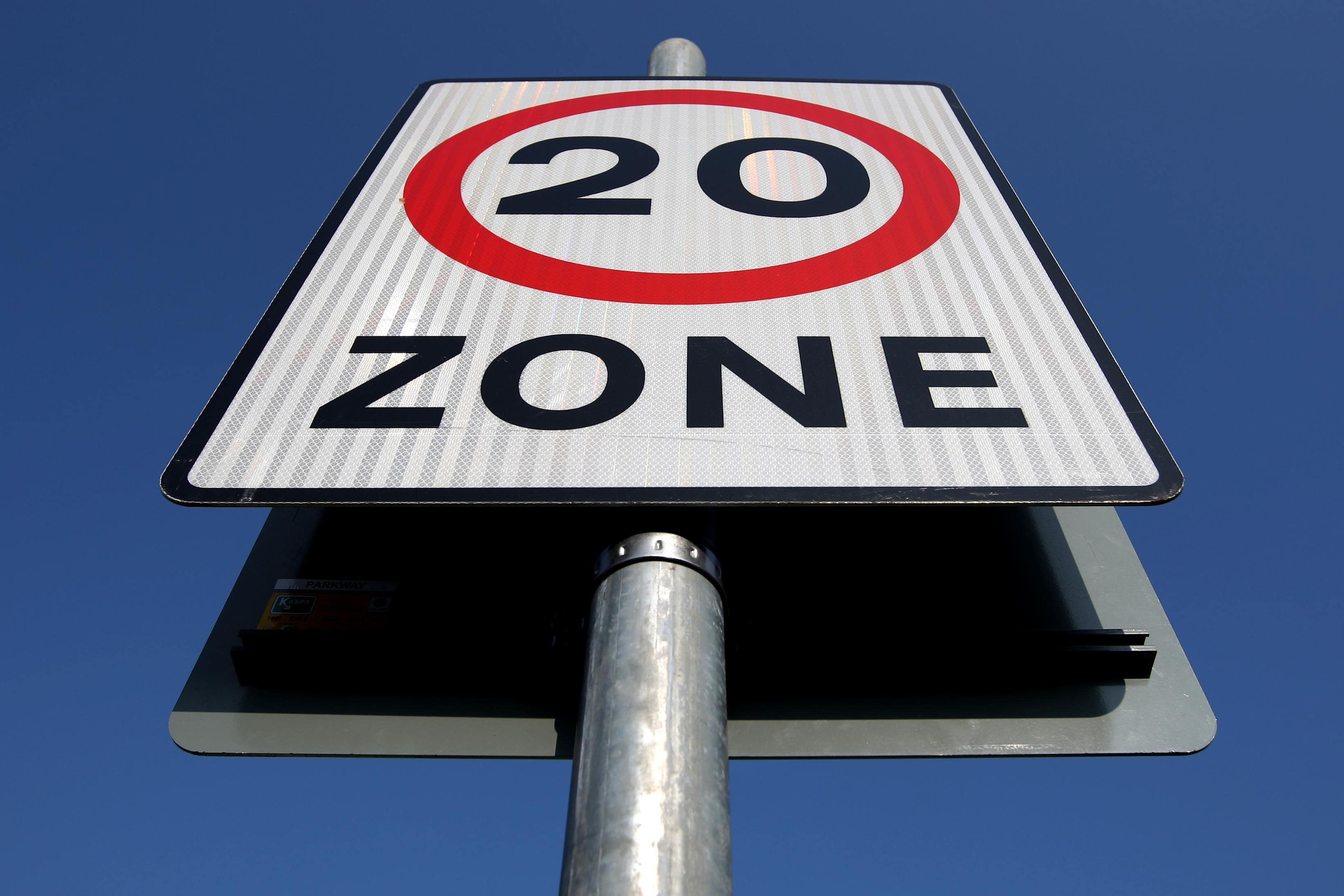Fears over emergency response in 20mph zones will not materialise – Drakeford
Mark Drakeford defended the controversial new law to the Welsh Affairs Committee.

The First Minister has said he does not believe fears over emergency response times due to the Welsh Government’s 20mph law will materialise.
Last month, Wales became the first country in the UK to drop the default speed limit from 30mph to 20mph in built-up areas.
Mark Drakeford was questioned on the controversial policy during an appearance at the Welsh Affairs Committee on Wednesday morning.
A petition against the roll-out of the law, on the Welsh Parliament’s petitions page, has now been signed by more than 462,400 people.
Mr Drakeford told the committee: “We will take the petition seriously, of course.
“The petitioner has chosen, as is his right, to keep the petition open for the full six months so there will be no response the Senedd will be able to make to the petition until probably March of next year, but the petitioner can choose at any moment to close the petition and at that point it gets considered.
“The way petitions are handled in the Welsh Parliament is that they go first of all to the Petitions Committee. It decides the process by which it wishes to respond to the petition.
“The Welsh Government will take the petition seriously and look to respond to it when that happens, by which time we will have had six months or more of experience of the new regime and I think that will help us in responding to the points that are made.”
Mr Drakeford was asked how councils can apply exemptions in the way they apply the new 20mph limit.
He responded that local authorities do not have an “unfettered right to disregard the law” and had to act within the parameters of the legislation.
“In those parameters, it is local authorities that make decisions on individual roads as to whether or not to exempt that road from the default 20mph position,” Mr Drakeford said.
“One of the reasons why I think six months’ worth of experience will be useful will be that I think you can already see that different local authorities are taking a different approach to how they navigate their way through those criteria to a final decision.”
Mr Drakeford said local authorities may want to “look again” at whether their initial judgments were correct, adding that “there may be some fine-tuning and adjustments to the designations of individual roads”.
The roads are no different in a 20mph road than they are in a 30, or 40, or 50, or 60mph road. Emergency services are able to travel above the speed limit where there is a case for them to do so
He acknowledged that there had been some concerns from those working in the emergency services over potential delays when responding to emergencies due to the 20mph limit.
But the first minister insisted such views had not come directly from the emergency services themselves.
But Mr Drakeford said: “There are some individual voices in some services that have expressed concern. The services themselves have not and of course we work very closely with them.
“The roads are no different in a 20mph road than they are in a 30, or 40, or 50, or 60mph road. Emergency services are able to travel above the speed limit where there is a case for them to do so.
“None of that has changed and I think a number of these concerns are concerns in advance of the facts. When it comes to operating the system on the ground, I don’t think those fears will materialise.”
Mr Drakeford’s appearance at the committee was his fourth this parliament. He previously appeared in March 2021, March 2022 and November 2022.
The Welsh Government previously said that cutting the speed limit would protect lives and save the NHS in Wales £92 million a year.
It predicts the change will save up to 100 lives and 20,000 casualties in the first decade.
Not all 30mph roads will see their speed limits reduced as councils have the power to exempt certain roads from the scheme.
The project is costing around £33 million to implement and has proven controversial, with reports of the new 20mph signs being defaced in areas including Conwy, Gwynedd, Newport, Torfaen, Wrexham and Flintshire.
The Welsh Conservatives have opposed the scheme and cited Welsh Government documents that estimate the cost to the Welsh economy of increased journey times from lower average vehicle speeds at anywhere between £2.7 billion and £8.9 billion.
Subscribe to Independent Premium to bookmark this article
Want to bookmark your favourite articles and stories to read or reference later? Start your Independent Premium subscription today.
